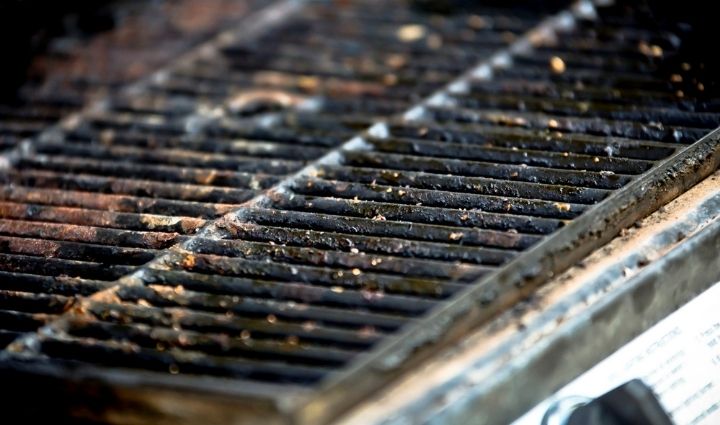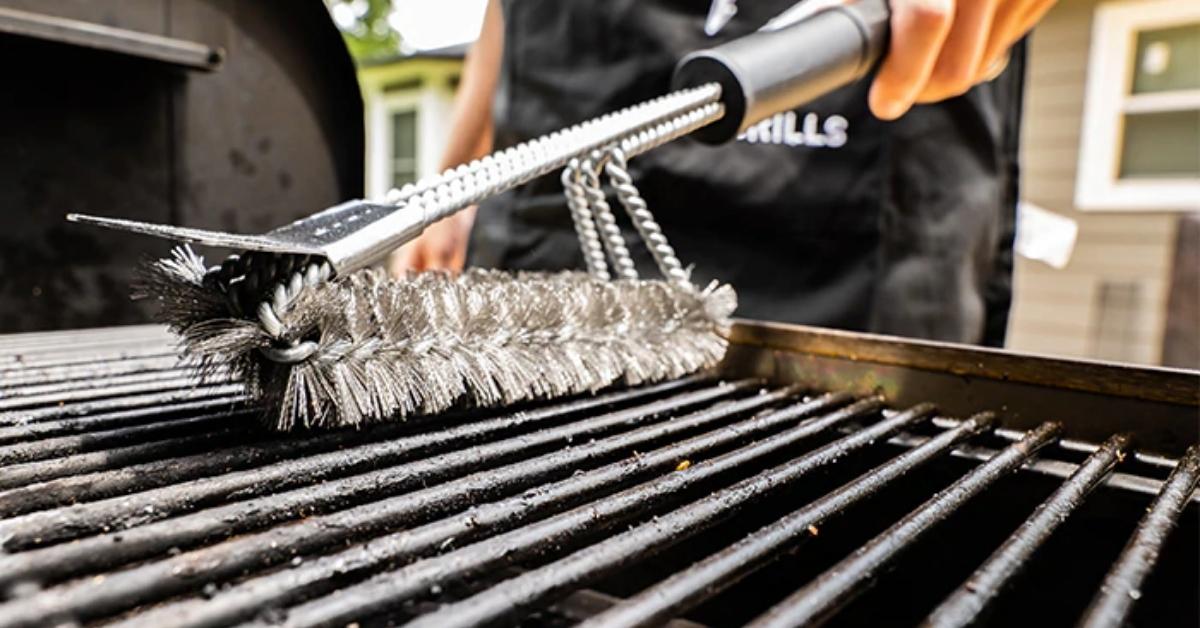Minimizing Waste from Grilling: A Guide for Eco-Friendly Barbecues
Written By James Morgan
Grilling is more than just a cooking method; it's a cultural phenomenon that brings people together. However, as barbecue enthusiasts, we must be mindful of our environmental impact. Minimizing waste from grilling is not only beneficial for the planet but also for your conscience and wallet. This comprehensive guide will delve into practical and innovative ways to ensure your grilling sessions are as environmentally friendly as possible.

Understanding the Environmental Impact of Grilling
Before diving into the specifics, it's essential to understand why minimizing waste from grilling is crucial. Traditional grilling methods can produce a significant amount of waste, from disposable plates and utensils to leftover food and charcoal residues. These not only contribute to landfills but also result in unnecessary resource consumption. Additionally, certain grilling practices can lead to carbon emissions, which negatively impact the environment.
Choosing Sustainable Grilling Equipment
One of the first steps in reducing waste is selecting the right equipment. Opt for grills made from durable materials that can withstand the test of time, reducing the need for frequent replacements. Consider using grill grates that are designed for longevity and efficiency. For instance, some grill grates are specifically engineered to distribute heat evenly, reducing the amount of energy required to cook your food. Check out this guide on grill grates to learn more about energy-efficient options.
Reusable Grilling Accessories
Investing in reusable grilling accessories is another effective way to minimize waste. Items such as metal skewers, grilling baskets, and washable grill mats can significantly reduce the reliance on single-use items. Moreover, these accessories often enhance the grilling experience, allowing for more creative and versatile cooking methods.
Reducing Food Waste
Food waste is a significant contributor to global environmental issues. By planning your barbecue menu carefully, you can reduce the likelihood of leftovers. Consider portion sizes and the preferences of your guests. If you do end up with leftovers, be creative with your meals. Grilled meats and vegetables can be repurposed into salads, sandwiches, or stir-fries for the next day.
Smart Storage Solutions
Proper storage is key to maintaining the freshness of your food and minimizing waste. Use airtight containers to store any unused ingredients or leftovers. This not only preserves the food but also reduces the need for plastic wrap or foil, which are often discarded after a single use.
Eco-Friendly Charcoal Options
For those who prefer charcoal grilling, choosing eco-friendly charcoal alternatives is a significant step towards sustainability. Traditional charcoal briquettes are often made with additives and binders that can produce harmful emissions. Instead, opt for lump charcoal or briquettes made from coconut shells, which are more sustainable and burn cleaner. Learn more about the safety and benefits of different grill grates in this article on grill safety.
Recycling and Disposal
Proper disposal of charcoal ashes is crucial in minimizing environmental impact. Instead of discarding them in the trash, consider using them as a natural fertilizer for your garden. Charcoal ash can help adjust soil pH and deter pests.
Eco-Conscious Cleaning Practices
Cleaning your grill is an essential part of the barbecuing process, and doing it sustainably can make a big difference. Instead of using chemical-laden cleaning solutions, opt for natural alternatives like vinegar and baking soda. These not only clean effectively but are also environmentally friendly. For more tips on maintaining your grill, visit this guide on grill cleaning.
Maintaining Grill Grates
Proper maintenance of your grill grates can extend their life and improve your grilling experience. Regularly cleaning and seasoning your grates prevents rust and ensures even cooking. For a detailed guide on grill grate maintenance, explore this step-by-step tutorial.

FAQs
How can I reduce plastic waste during grilling?
To reduce plastic waste, opt for reusable plates, cups, and utensils. Consider using compostable or biodegradable options if disposables are necessary.
What are some eco-friendly alternatives to lighter fluid?
Eco-friendly alternatives include electric charcoal starters or chimney starters, which eliminate the need for lighter fluid entirely.
Are there any sustainable fuel options for gas grills?
Yes, biogas and propane produced from renewable sources are more sustainable options compared to traditional propane gas.



